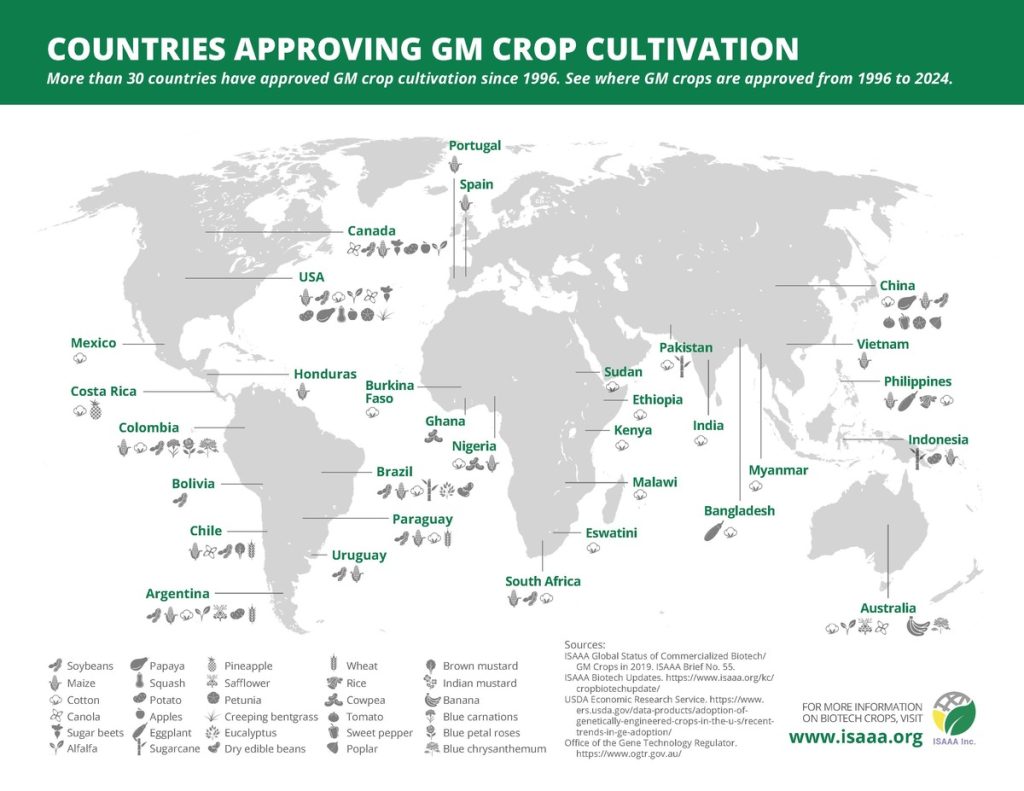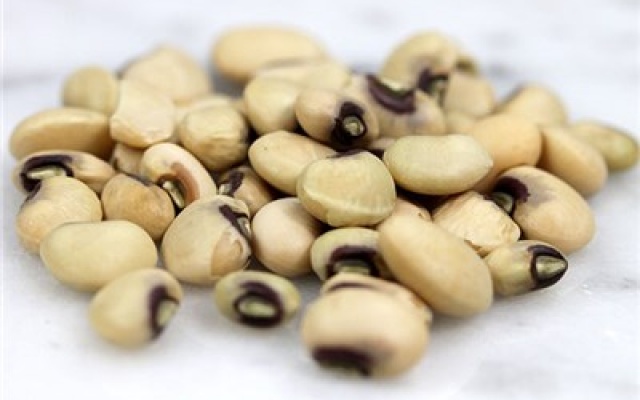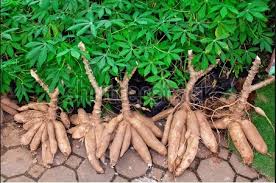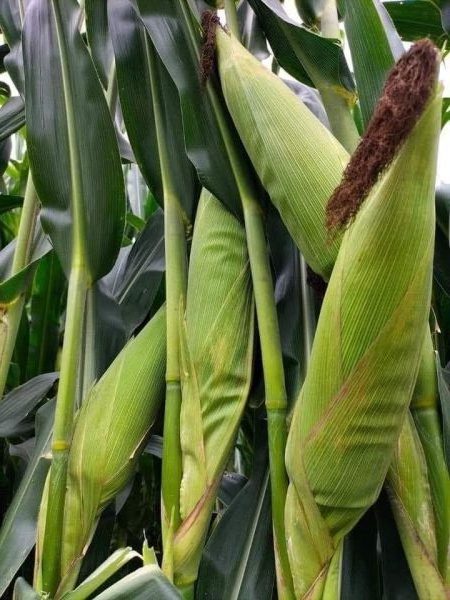Imagine a farmer in Kenya battling relentless pests that devour cotton fields or a mother in the Philippines watching her child grow weaker from a lack of essential nutrients. For decades, these struggles seemed insurmountable, but the story is beginning to change. Two new infographics, the Countries Approving GM Crop Cultivation and Contributions of Biotech Crops to Food Security, Sustainability, and Climate Change Solutions released by the International Service for the Acquisition of Agri-biotech Applications (ISAAA), say as of October 2024, 32 countries have embraced genetically modified (GM) crops, signalling a quiet revolution in how global challenges like food security, poverty, and climate change are addressed.
The ISAAA GM Approval Database (GMAD) is a one-stop shop that compiles biotech events approved for commercialization/planting and importation (food and feed) with a brief description, trait, developer, and year of approval for cultivation. It is one of the top online resources for scientists, academics, regulators, media practitioners, and the general public to keep them updated with information about biotech event approvals.

As of August 2024, GMAD has 614 approvals, with maize having the most approvals (290 events), cotton with 72 events, and potato with 52 events. Most events (405 events) have stacked trait events and 209 events have singular trait events. Approvals for food, feed, and cultivation are at their peak in 2022. From 1998 to 2023, Colombia had the highest number of food approvals, while the European Union and Argentina topped feed and cultivation approvals, respectively.
A farmer’s hope in Africa
In Kenya, smallholder farmers have a new ally: Bt cotton. Approved in 2020 after years of trials, this pest-resistant crop is a game-changer. Yields are projected to soar from 572 kg/ha to 2,500 kg/ha, slashing production costs by 40%. For Mary, a cotton farmer in Machakos, the numbers mean more than profits—they mean sending her children to school and having enough to eat. Surely, the biotech crops are expected to increase the cotton production of Kenyan farmers and thus boost the manufacturing pillar of the Big 4 Agenda where it is stated that Kenya aims to be at the forefront of global textile and apparel production.
Ghana joined the movement in 2024 with GM cowpea, a staple for millions. Resistant to the destructive pod-borer pest, this crop, developed by the Council for Scientific and Industrial Research-Savanna Agricultural Research Institute (CSIR-SARI), gives farmers like Kwame a fighting chance against hunger and financial despair.
In Burkina Faso, Bt cotton has returned, rekindling hopes among farmers who once abandoned their fields over quality concerns. As of today, the country has approved the cultivation of Bt cotton hybrids from 2024 to 2033. These hybrids are expected to achieve the desired lint length, attain the requirements, and achieve a competitive edge in the Burkina Faso market.

Added to Bt Cowpea and Bt Cotton Nigeria approved four transgenic maize varieties of TELA Maize with insect (stem-borer and fall armyworm) resistance and drought tolerance traits for cultivation on January 11, 2024. The TELA Maize Project is being implemented by the African Agricultural Technology Foundation (AATF) and partners in Ethiopia, Kenya, Mozambique, Nigeria, South Africa, Tanzania, and Uganda.
Fighting malnutrition with science
For mothers in the Philippines’ poorest communities, Golden Rice offers a lifeline. This vitamin A-enriched rice, approved for cultivation in 2021, addresses a silent crisis affecting one in five children. Vitamin A deficiency, a leading cause of childhood blindness and weakened immunity, is now being tackled at its root: the dinner table.
Following this development, internationally recognized researchers and institutions are focusing their efforts on the development of GM products aimed at addressing global challenges in agriculture, nutrition, and sustainability.
Here are some of the promising GM crops in the pipeline:
- The NEWEST Rice project has developed nitrogen-efficient, water-efficient, and salt-tolerant rice with a 10-15% improvement in yield, a 30% reduction in nitrogen use, and a 15% decrease in total production costs. Multi-locational trials have been conducted by the National Cereals Research Institute in Nigeria.
- The National Roots Crops Research Institute in Umudike, also in Nigeria and the Donald Danforth Plant Science Centre have been developing two virus-resistant cassava varieties for East Africa, Nigeria, and other West African countries. The Nigerian VIRCA Plus product has elevated levels of iron and zinc for improved nutrition, biofortification, and disease resistance.
- An international consortium, including EU research institutions and the USDA Agricultural Research Service, developed HoneySweet, a plum tree resistant to the plum pox virus. The field trials showed promising results, and the developers are hoping for the final approval for commercialization in the EU in the next few years.
ALSO READ AATF launches handbook on seed production
- The University of the Philippines Los Baños developed a GM papaya resistant to the papaya ringspot virus. This GM crop projects total benefits of approximately US$70M over a 16-year window. The field trials in 2014 and 2017 have been completed, and the preparations for further trials are in the works.

- Researchers in Kenya are working on insect-resistant and drought-tolerant corn, Cassava Brown Streak Disease (CBSD) resistant cassava, enhanced vitamin A, zinc, and iron sorghum, and late blight-resistant potato. These crops may be commercialized in the next five years.
- Indonesia has also started research on high sucrose sugarcane, Golden Rice, and Fe-Zn biofortification rice. Michigan State University (MSU) and the National Research and Innovation Agency are also a step forward in conducting safety studies for both granola and diamant varieties of GM potatoes with stacked genes in 2023-2024.
- Delhi University’s GM mustard is slowly progressing through India’s regulatory approval system. Other crops being improved in India using biotechnology are bananas, cabbage, cassava, cauliflower, chickpeas, cotton, eggplant, papayas, peanuts, pigeon peas, potatoes, rice, sorghum, sugarcane, tomatoes, watermelon, and wheat.
- Costa Rican researchers are working on drought-resistant rice and GM pink pineapple with higher levels of lycopene. Although the pink pineapple is not yet approved for commercialization, researchers have ongoing permission to expand production from the Costa Rican National Technical Biosafety Commission.
- Several Colombian research institutions have been developing sugarcane varieties resistant to yellow leaf virus and cultivars with increased sugar, biomass and salt, aluminium, and water stress tolerance, and GM rice, cassava, cacao, castor bean, sacha inchi, potato, and coffee varieties.
- Chile’s National Institute of Agricultural Research is developing biotech grapes and tree nuts resistant to fungi and viruses, as well as potatoes, rice, and corn.
- Brazil also has several GM crops in the pipeline awaiting commercial approval including potatoes, papaya, rice, and citrus, which are at the early stages of development and approval.
- The Bangladesh Agricultural Research Institute and MSU are developing late blight-resistant potatoes. Controlled field trials in four research stations commenced in 2023.

A global lifeline
Across the world, researchers are developing GM crops to address the most pressing human needs. In Nigeria, virus-resistant cassava and drought-tolerant maize promise to stabilize food supplies for millions. In Australia, the approval of a GM Cavendish banana resistant to Panama disease safeguards a beloved staple.
The ripple effects are immense. Biotech crops have saved 183 million hectares of land, reducing the strain on natural ecosystems. By cutting CO₂ emissions by 39 billion kilograms, they’ve brought humanity one step closer to a sustainable future.
A new chapter of possibilities
Although legal hurdles and scepticism persist, the stories of farmers, children, and families paint a clearer picture. GM crops aren’t just about science—they’re about survival, dignity, and hope.
As more nations embrace biotechnology, the world inches closer to a reality where fewer children go hungry, farmers can thrive, and the planet can breathe a little easier. Behind every statistic is a human story—one of resilience, transformation, and the unyielding pursuit of a better tomorrow.
Abdallah el-Kurebe is Editor-in-Chief of ASHENEWS and OFAB/AATF multiple award-winning journalist on Biotech.


